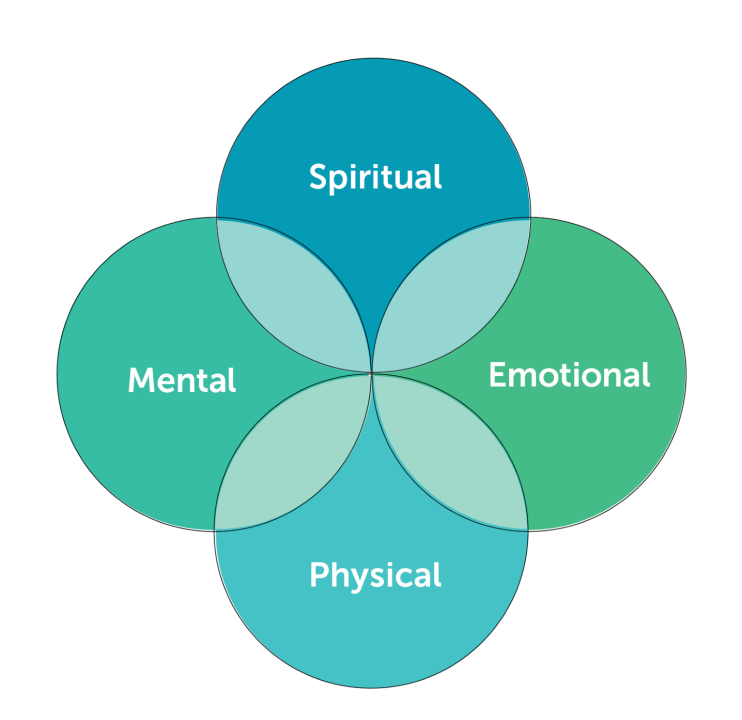The Bahá’í teachings present a holistic perspective on education, one that transcends the mere acquisition of knowledge and delves into the complexities of human potential. This comprehensive approach emphasizes the development of the whole person, encompassing the mind, heart, and spirit. But what does it truly mean to educate the whole person? How can one reconcile the seemingly disparate elements of intellectual rigor, emotional intelligence, and spiritual growth into a cohesive framework of understanding? This exploration invites thoughtful consideration and poses a challenge: can we integrate these dimensions effectively in our current educational practices?
To begin, the foundation of Bahá’í educational principles is predicated on the belief in the innate capacity of every individual to grow intellectually, emotionally, and spiritually. The teachings articulate that education is not merely a formal process, but an ongoing journey that encompasses all stages of life. Within this paradigm, the mind is viewed as a powerful tool for understanding and interacting with the world, while the heart is regarded as the center of compassion and emotional resonance. Furthermore, the spirit serves as a guiding force, helping individuals align their endeavors with higher purposes and ideals.
**Educating the Mind**
Traditionally, education has primarily focused on the development of the mind. In the Bahá’í context, this means fostering critical thinking, analytical skills, and knowledge across a diverse array of subjects, from the sciences to the humanities. The teachings advocate for a curriculum that not only includes practical skills but also stimulates curiosity and encourages inquiry. This kind of education must challenge learners to engage with complex ideas, question assumptions, and pursue a path of lifelong learning.
However, simply imparting knowledge is insufficient. The challenge lies in fostering an environment in which learners feel empowered to explore and expand their intellectual horizons. This calls for pedagogical strategies that are innovative, participatory, and learner-centered. For instance, collaborative projects, discussions, and experiential learning are essential to cultivating an inquisitive mindset. By integrating the mind’s education with practical application, students can better appreciate the relevance of their learning, thereby enhancing their engagement and retention of knowledge.
**Nurturing the Heart**
A pivotal aspect of Bahá’í teachings is the emphasis on moral and ethical development, which is intrinsically linked to the education of the heart. This dimension addresses the emotional and social facets of human existence, emphasizing the importance of empathy, compassion, and understanding in interpersonal relationships. To nurture the heart, educational systems must prioritize character development alongside intellectual accomplishments.
This presents a delightful challenge: How can educators instill virtues such as kindness, generosity, and integrity within an increasingly competitive academic landscape? One approach is to integrate service-learning and community engagement into educational frameworks. By actively participating in service projects, learners can experience firsthand the impact of their actions, fostering a sense of responsibility and connection to the wider community. Furthermore, the incorporation of social emotional learning (SEL) programs can enhance students’ ability to navigate their emotions and cultivate healthy relationships.
**Elevating the Spirit**
Lastly, the spiritual dimension of education is often overlooked in contemporary discourse, yet the Bahá’í teachings elucidate its significance in shaping a well-rounded individual. The spirit embodies the quest for meaning, purpose, and connection to the transcendent. Education, therefore, should not only equip individuals with practical skills but also inspire them to contemplate profound questions about existence, morality, and their role in the universe.
The challenge here is to create educational environments that are conducive to spiritual exploration. This can be achieved through the inclusion of reflective practices such as meditation, art, music, and philosophy. These elements can stimulate deep reflection and foster a sense of awe and wonder about life’s intricacies. Notably, spiritual education promotes an understanding that individuals are part of a larger tapestry of existence, fostering unity and respect for diversity. By nurturing the spirit, education can engender a generation of individuals committed to the betterment of humanity.
**Integrating the Dimensions**
To achieve a truly holistic education, the integration of the mind, heart, and spirit must be a focal point of educational reform. Creating an interwoven curriculum that acknowledges these three dimensions requires collaboration among educators, policymakers, and communities. Each stakeholder plays a vital role in redefining educational success to include not only academic achievement but also emotional wellness and spiritual growth.
Moreover, this integration can manifest in various ways. For instance, interdisciplinary approaches can foster connections between academic subjects and moral education, helping learners understand the societal implications of their knowledge. Teachers can serve as role models, embodying the principles of kindness, integrity, and resilience, thereby becoming catalysts for the holistic development of their students.
**Conclusion**
In pursuit of the Bahá’í ideal of education, the call to action remains clear: we must endeavor to educate the whole person—mind, heart, and spirit. As we confront the challenges of contemporary educational systems, this comprehensive approach offers a refreshing and vital perspective. The task may appear formidable, yet the reward—a generation of well-rounded individuals equipped to navigate the complexities of life—is undoubtedly worth the effort. Thus, the invitation to embrace this challenge is extended to educators, communities, and individuals alike: how will you contribute to the cultivation of the whole person?
